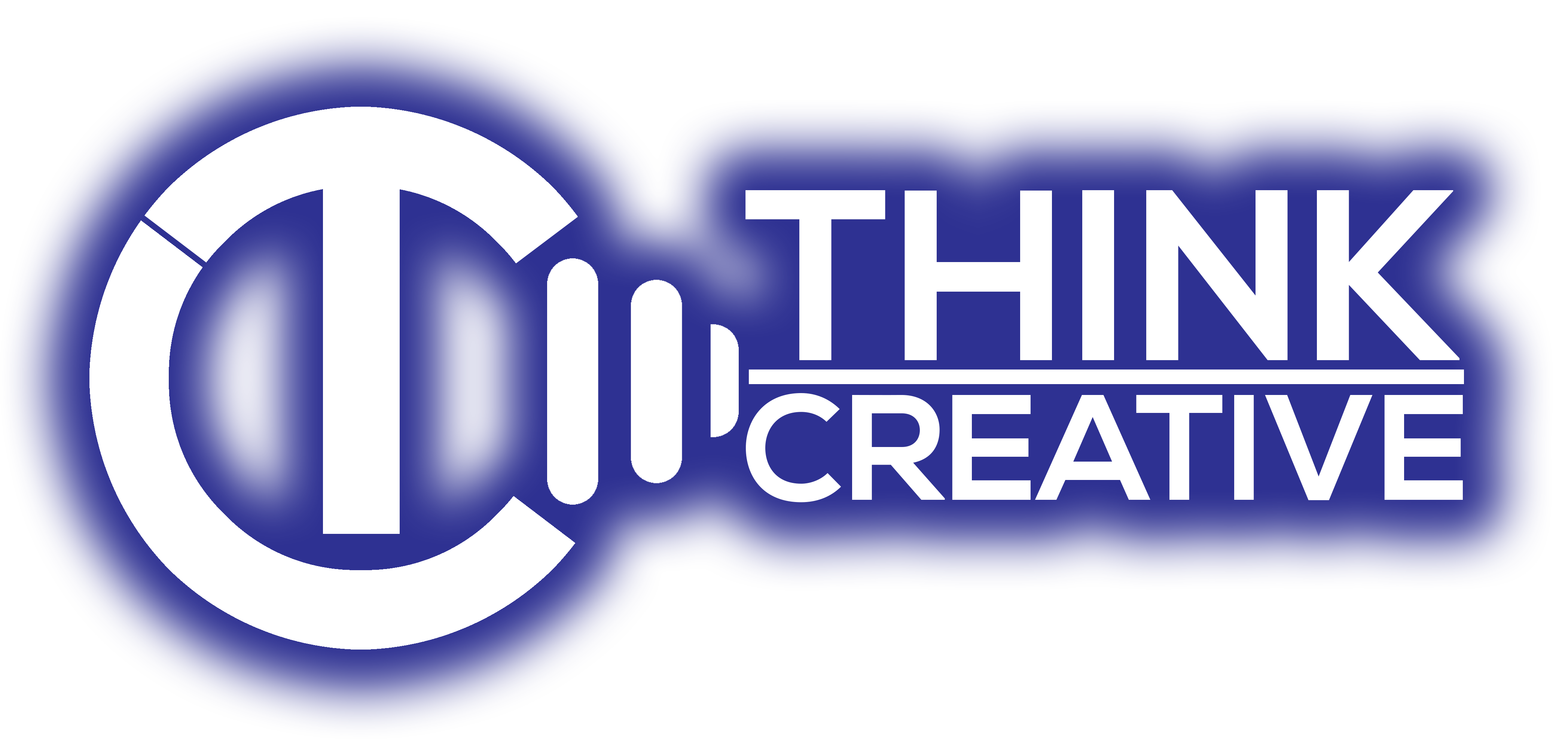In the world of marketing and creative services, the relationship between clients and agencies is paramount to success. Building and maintaining a strong, collaborative partnership can lead to more effective campaigns, increased satisfaction, and long-term success for both parties. This blog explores strategies for fostering meaningful client-agency relationships that are built on trust, communication, and mutual respect.
The Importance of Strong Client-Agency Relationships
1. Enhanced Collaboration and Creativity
A strong relationship encourages open communication and collaboration, leading to more creative and innovative solutions. When clients and agencies work closely together, they can brainstorm ideas, share feedback, and develop strategies that truly resonate with the target audience.
2. Improved Efficiency and Results
Effective collaboration and clear communication streamline the project workflow, reducing misunderstandings and delays. This leads to more efficient processes and better results, ensuring that projects are completed on time and within budget.
3. Long-Term Success
Building a strong client-agency relationship can lead to long-term partnerships. This continuity allows the agency to gain a deeper understanding of the client’s brand, goals, and audience, resulting in more effective and consistent campaigns over time.
Strategies for Fostering Meaningful Client-Agency Relationships
1. Establish Clear Communication
Clear and consistent communication is the foundation of any successful relationship. Both parties should:
- Set Expectations: Clearly define roles, responsibilities, and expectations from the outset. This includes project timelines, deliverables, and communication protocols.
- Regular Check-Ins: Schedule regular meetings to discuss progress, address any concerns, and provide updates. This keeps everyone on the same page and allows for timely adjustments.
- Open Feedback Channels: Encourage open and honest feedback from both sides. Constructive feedback helps improve the quality of work and strengthens the relationship.
2. Build Trust and Transparency
Trust is essential for a successful client-agency relationship. To build trust:
- Be Transparent: Share information openly and honestly, including challenges, successes, and potential risks. Transparency fosters trust and demonstrates integrity.
- Deliver on Promises: Consistently meet deadlines and deliver high-quality work. Reliability builds confidence and trust in the agency’s capabilities.
- Own Mistakes: If something goes wrong, acknowledge it, take responsibility, and work collaboratively to find a solution. Mistakes are opportunities to demonstrate accountability and resilience.
3. Understand Each Other’s Goals
A deep understanding of each other’s goals ensures alignment and fosters a more collaborative partnership. Both parties should:
- Client’s Vision: The agency should take the time to understand the client’s vision, mission, and long-term goals. This ensures that all strategies and campaigns are aligned with the client’s objectives.
- Agency’s Expertise: The client should recognize and respect the agency’s expertise and creative process. Trusting the agency’s recommendations can lead to more innovative and effective solutions.
4. Foster Mutual Respect
Mutual respect is crucial for a healthy working relationship. Both parties should:
- Value Contributions: Recognize and appreciate each other’s contributions. Acknowledging the hard work and expertise of both teams fosters a positive and respectful relationship.
- Maintain Professionalism: Always communicate and interact professionally, even when disagreements arise. Professionalism ensures that conflicts are resolved constructively.
5. Collaborate as Partners
Viewing the relationship as a partnership rather than a transaction leads to more meaningful and productive collaborations. Both parties should:
- Work Together: Collaborate on strategy development, brainstorming sessions, and problem-solving. This joint effort leads to more cohesive and effective campaigns.
- Celebrate Successes: Celebrate milestones and successes together. Acknowledging achievements strengthens the partnership and boosts morale.
6. Adapt and Evolve
The digital landscape and market conditions are constantly changing. Both parties should be willing to adapt and evolve together. This includes:
- Staying Agile: Be open to changes in strategy and tactics as needed. Flexibility allows for quick adjustments in response to market shifts or new insights.
- Continuous Improvement: Continuously seek ways to improve processes, strategies, and outcomes. A commitment to growth and improvement benefits both the client and the agency.
Conclusion
Fostering meaningful client-agency relationships is essential for achieving long-term success in the competitive world of marketing and creative services. By establishing clear communication, building trust, understanding each other’s goals, fostering mutual respect, collaborating as partners, and adapting to changes, clients and agencies can build strong, collaborative relationships that drive outstanding results.


Recent Comments